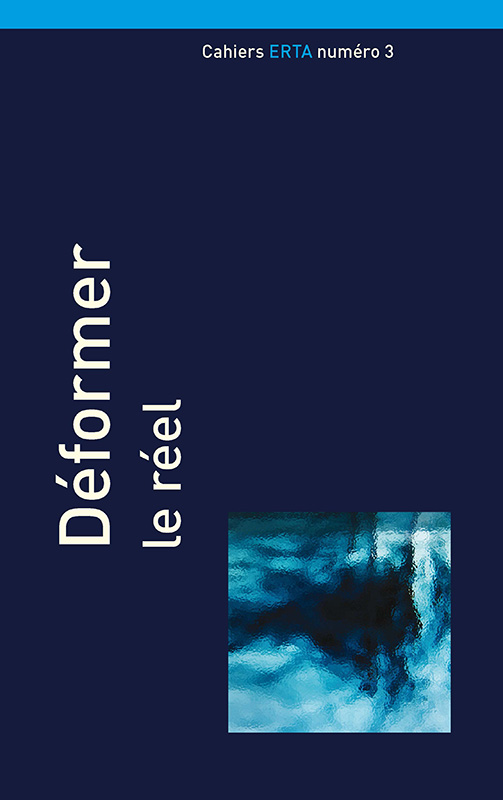Parole rayonnante d’une réalité impossible : trois récits de Maurice Blanchot
Mots-clés :
Blanchot, neuter, paradox, modality, effect of reference, je-ilRésumé
The oeuvre of M. Blanchot belongs to “the age of suspicion”: it explores various relations between reality and our capacity to report it. “Thomas l'obscur”, “Au moment voulu” and “Celui qui ne m'accompagnat pas” are “réсits” (event story), where the logic of narration is completely perturbated : while the language is very subjective (modal verbs, verbs of opinion, affectif adjectifs and adverbs etc.), the narrator is looking for its disappearance. It's the paradoxe ot the subjectivity in absentia. The instance of discourse is omnipresent in “réсits” of Blanchot and it seems to dislodge such traditional narratif structures as plot, hero or time and space of narration. The text is always in reciprocal relation with itself, so that creates nonsolvable space between the writing and the representation, between the signification and the text in its materiality.
Téléchargements
Références
Barthes R., S / Z, Paris, Éditions du Seuil, 1970.
Barthes R., L'Aventure sémiologique, Paris, Éditions du Seuil, 1985.
Blanchot M., La Part du feu, Paris, Gallimard, 1949.
Blanchot M., Lautréamont et Sade, Paris, Éditions de Minuit, 1949.
Blanchot M., « Le rire des Dieux » [dans :] Idem, L'Amitié, Paris, Gallimard, 1971.
Blanchot M., Celui qui ne m'accompagnait pas, Paris, Gallimard, 1999.
Blanchot M., Au moment voulu, Paris, Gallimard, 2005.
BlanchotM., L'Entretien infini, Paris, Gallimard, 2009.
Blanchot M., Thomas l'Obcsur, nouvelle version, Paris, Gallimard, 2009.
Deleuze G., cité d’après Bident C. : Reconnaissances : Antelme, Blanchot, Deleuze, Paris, Calmann-Lévy, 2003.
Flaubert G., Trois contes, cité par : R. Barthes, «L'effet de réel », [dans:] Idem, Œuvres complètes, t. 2, 1966-1973, Paris, Editions du Seuil, 1999.
Jabès E., Ça suit son cours, Paris, Fata Morgana, 1975.
Липавский Л., « Разговоры»,[dans:]Логос, no4,1993.
Nancy J. -L., « Le nom de Dieu chez Blanchot », [dans :] Magazine littéraire, no 424, 2003.
Rabaté D., Vers une littérature de l'épuisement, Paris, José Corti, 1991.
Rilke R. M., Œuvres II, Poésie, édition établie et présentée par Paul de Man, Paris, Éditions du Seuil, 1972.
Sctrick R., «Modalité, linguistique », [dans:] Encyclopaedia Universalis, http://www.universalis.fr.
Tadié J. - Y., Le récit poétique, Paris, Gallimard, 1994.
Dictionnaire des littératures française et étrangères, J. Demougin (dir.), Paris, Larousse, 1992.
Le grand Robert de la langue française, t.3, A. Rey (dir.), Paris, 2008.

 Revues scientifiques académiques
Revues scientifiques académiques





